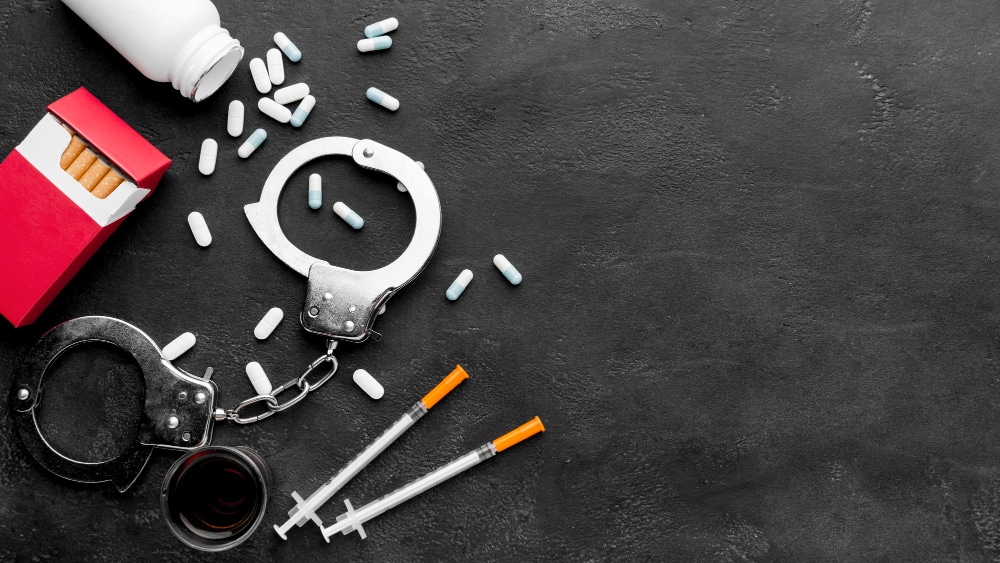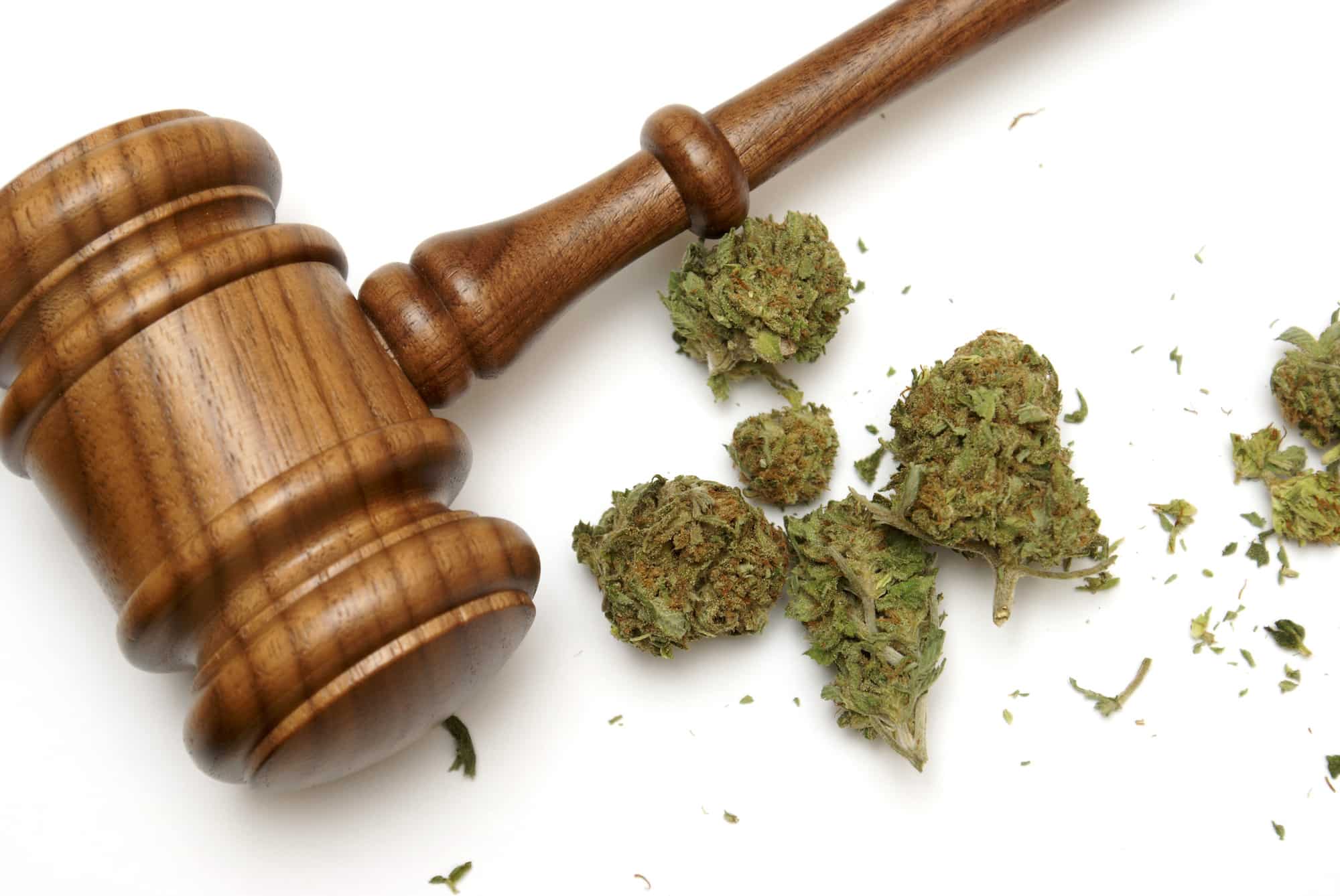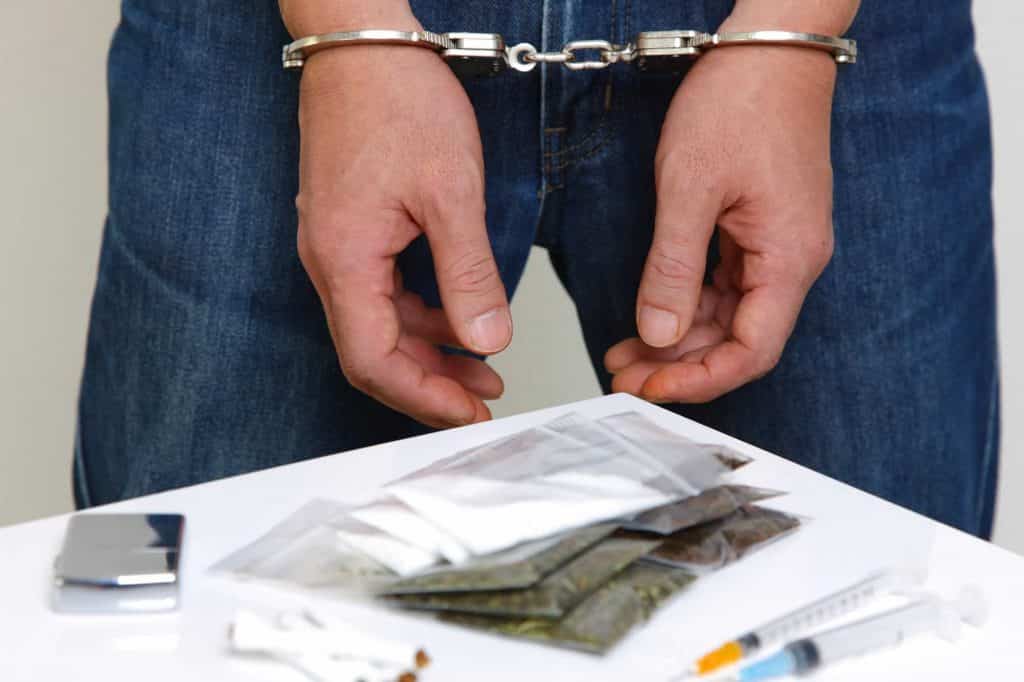If you think being arrested is a stressful time just for the defendant, you are mistaken. If someone is in legal custody, it can be a stressful situation for them and their families. Especially in cases that involve drug possession, the societal impact is so massive that it can cost individuals their reputation and their families backlash from people who barely know the intricacies of the case. This is why securing bail is vital. If you can secure bail with the aid of a drug possession bail bond company in Wake County, you are eligible for the presumption of innocence. Are you still wondering why making bail is vital for people entangled in drug possession cases? Read on to find out!
A Brief Overview
Did you know more than 1.5 million people were arrested in 2019 for drug offenses than any other crime, and the stats aren’t entirely different in 2023?
When so many people are arrested for drug offenses, you don’t have to beat yourself for a drug offense. Instead, you can get out of jail before your trial by posting bail, and here are some benefits of doing so!
-
Keeping Your Job
One of the most evident advantages of posting bail after being arrested for drug possession is it allows you to keep your job. When on bail, you have the opportunity to return to your old job, earn an income, and support yourself as well as your family. Especially, when you are the primary breadwinner in your home, bail can help you to overcome financial difficulties by not halting your cash flow.
-
Keeping Your Family Together
Being in jail can be overwhelming and challenging if you have a family. The isolation from your loved ones and the financial difficulties as well as the challenges and stereotypes your loved ones have to face because someone in their family is arrested for drug possession can be heartbreaking. However, being released on bail allows you to be with your family, friends, or loved ones during tough times. You can continue to support them emotionally, physically, or financially without any hiccups.
-
Prepare Effortlessly For Your Trial
Let’s face it: the amount of stress someone is under when they are behind bars is unbearable, and if you want to prepare for your trial calmly without anything holding you back, being released on bail is an immense help. It allows you to meet your attorney and build a rock-solid defense, gather evidence, and speak with witnesses (if the judge allows) to strengthen your case.
Conclusion
Drug possession crimes are quite prevalent in NC, and especially around the holiday season, crime rates skyrocket significantly. If you have been arrested for drug possession and the judge grants you bail, ensure to work with a drug possession bail bonds company in Wake County, North Carolina to secure your bail. You might be unable to pay the entire bail amount, but a licensed bail bond agent from Amistad Bail and Immigration Bonds can do it for you for a premium of 15%. So, what are you waiting for?





